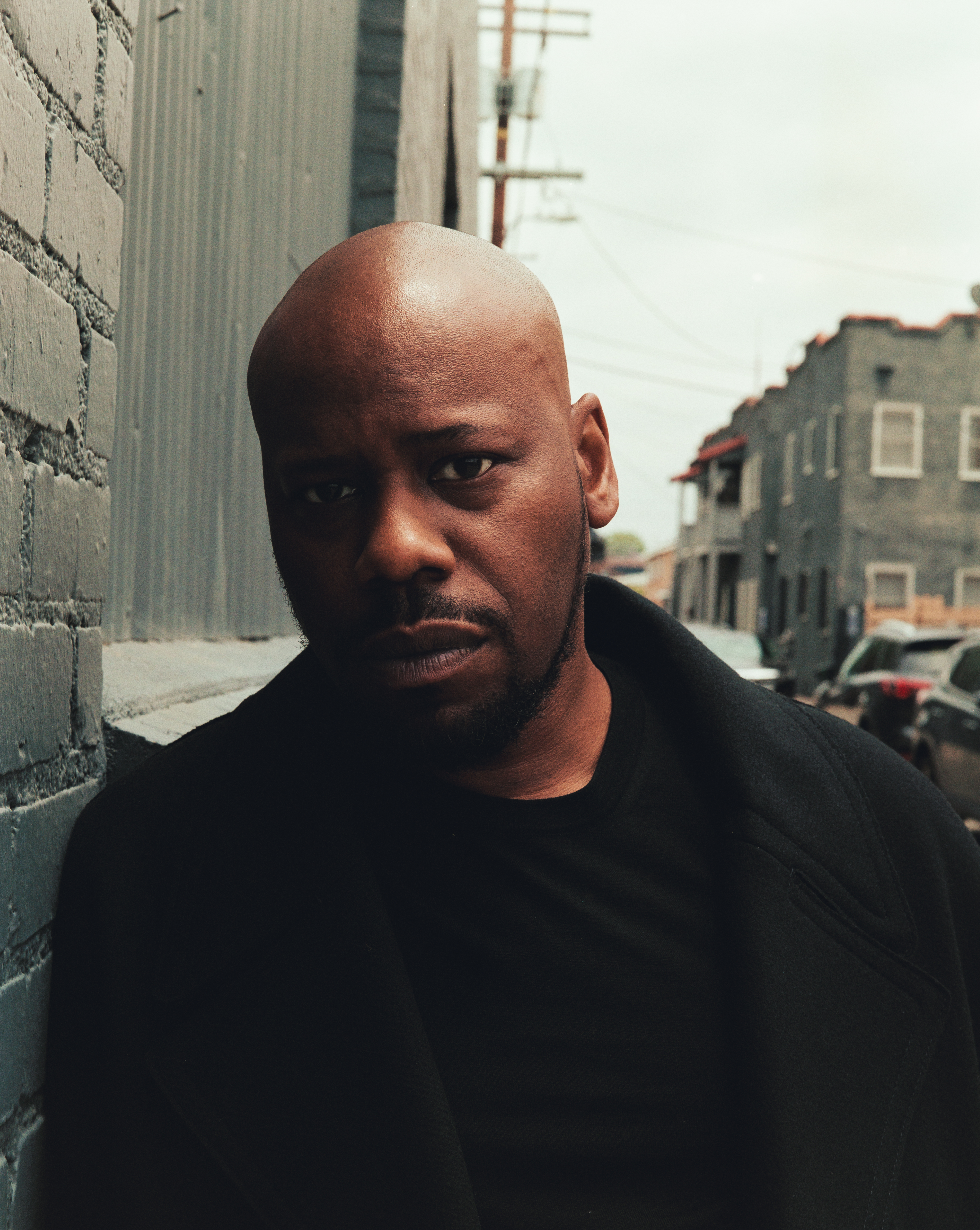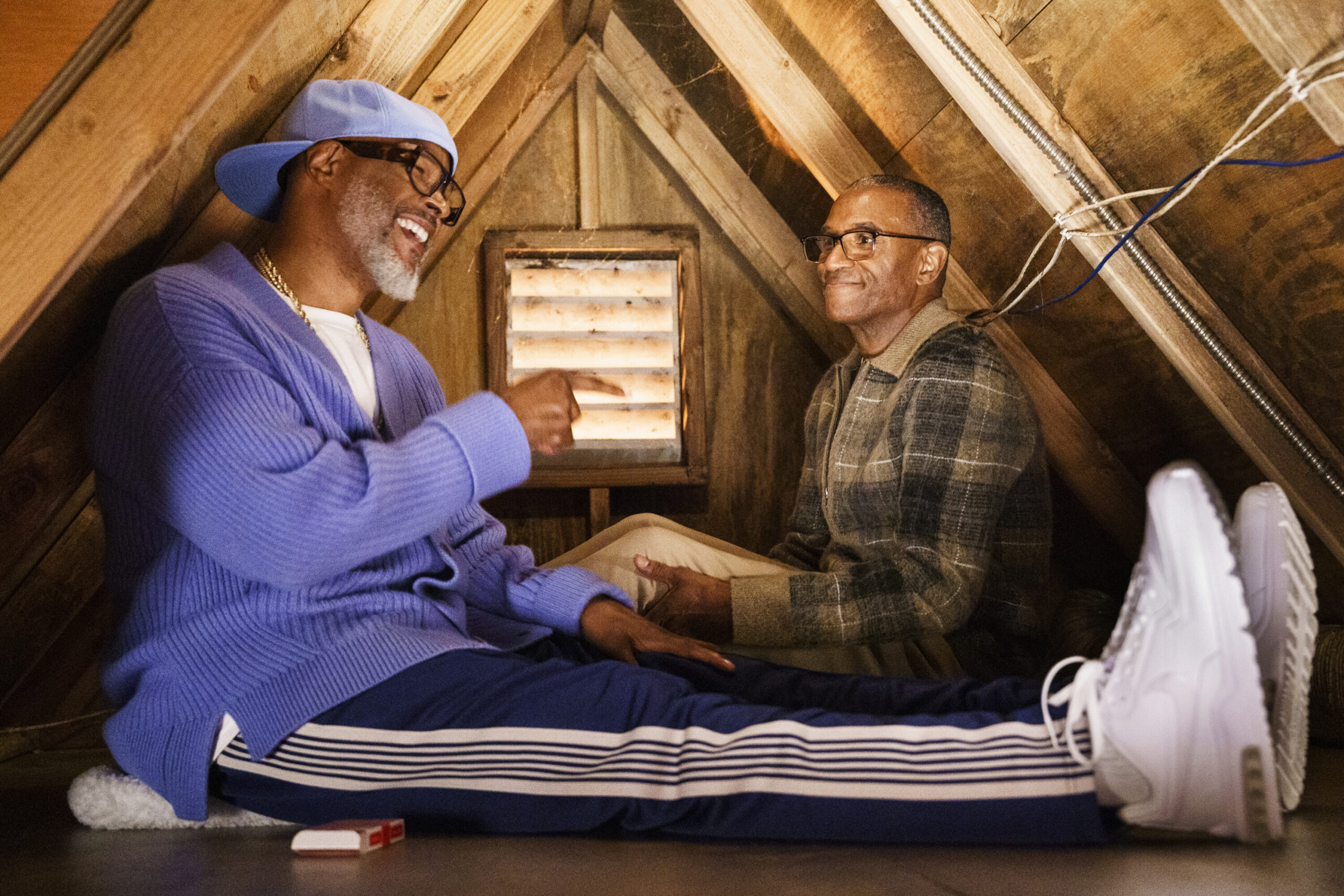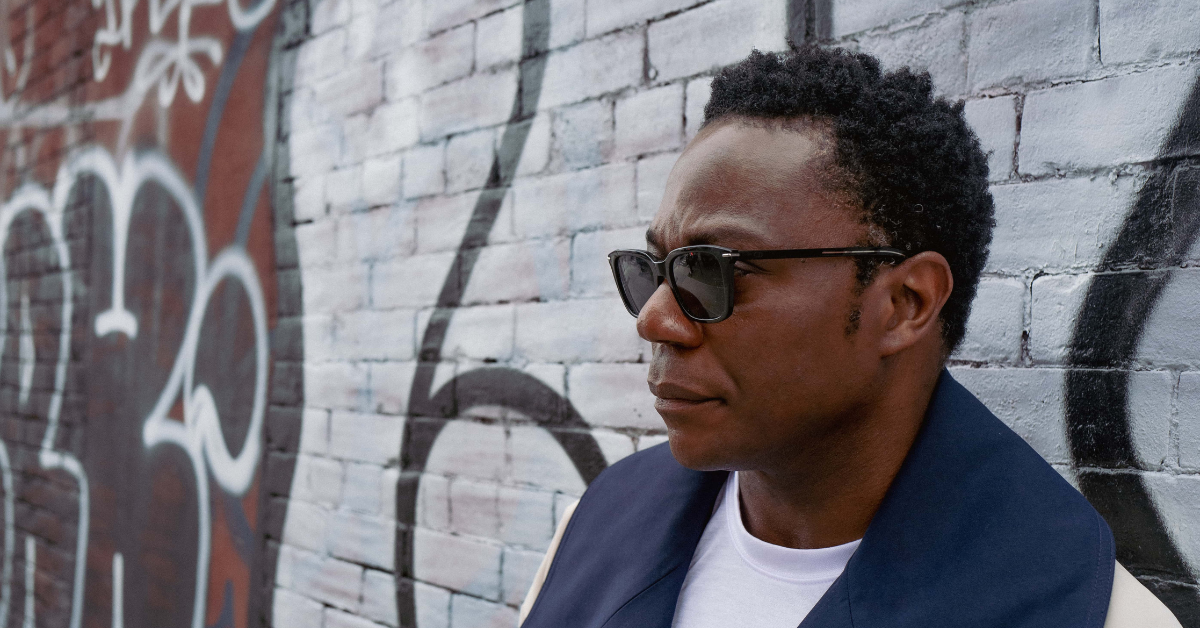Malcolm Barrett, the multifaceted, talented, and versatile actor, discusses his current project, Average Joe
Malcolm Barrett is a talented actor who injects a little part of himself into each role he plays in order to fully bring them to life. This, in his opinion, is what makes his characters most interesting in whatever story he tells. He is proven to be a versatile performer in the entertainment industry. He is a natural storyteller, creative, and entertainer with a strong love and enthusiasm for telling stories and playing characters who are rarely seen on television or in cinema. Malcolm values representation in the roles he takes on because he recognizes the impact of seeing varied characters that are truly depicted. This is especially crucial for children growing up in communities where they don’t see many people who look like them or are portrayed as such.
I had the pleasure of speaking with him about his career and catching up on his most recent performance as Leon Montgomery in BET+’s Average Joe. This new series is introducing something new to the network and is about to captivate the audience.
Cox: I want to know what drives Macolm as a performer, storyteller, and entertainer.
Barrett: That’s a really good question. There are a couple of things that drive me. When it comes to stories, I want to tell stories that haven’t been told before. A lot of that stems from growing up. I didn’t see much representation on television that included people who looked like me or came from the same communities or neighborhoods as me. And I’m fortunate enough in my career now to see this evolution that is taking place on television. You know it really mirrors my career because the first two roles I’ve ever had were as a basketball player and a drug dealer. Fast forward now, and I’m playing roles like time travelers, inventors, scientists, and more.
Cox: Authentic representation in storytelling really matters to you.
Barrett: Yes, and why I’m happy with where television is going is because now, we see more stories from Black voices. And now Black people who aren’t used to seeing themselves on television do, and others are now hearing Black stories they weren’t used to.
Cox: Being authentic as an actor and bringing Malcolm into the character—what does that look like?
Barrett: When it comes to my characters, you will always see quirkiness or an idiosyncratic nature to them because that’s who I am. I was the weird and smart kid from Brooklyn who grew up in the hood. It wasn’t cool to be the smart kid where I grew up, but I hung around other smart kids in the neighborhood. So, bringing that into character and other things is important because this is what makes a story compelling. Compelling comes from truly telling different people’s stories, especially when they are from the voices of underrepresented communities.

Cox: Give me an example of how you bring real life into the character.
Barrett: Whenever I play a hero, I play them unsure because, in real life, we have fear in situations. Even the greatest moments we experience are because of the fear we overcame, which allowed us to do what we did.
Cox: What’s one thing you love the most about being an actor?
Barrett: You know I get bored easily! And as an actor, it is a challenge to get into the character of someone who has a different outlook and perspective from yours. I like that challenge, and my roles are always different from the others. My last role before playing Leon in Average Joe was that of a scientist from the West Side of Chicago.
I love to find those small, weird roles or something totally opposite of what I’ve done before.
Cox: As the quirky kid growing up from where you are from to the height you are in your career, what kept you going even before the shift in television happened where more Black scientists and inventors roles were available compared to the ones in the beginning?
Barrett: Because I knew this world was never tailor-made for me, there were no expectations. I knew I was going to live out the goals I set for myself. The world isn’t going to wait for me to realize that my voice is valuable. And I wasn’t going to wait for it to figure that out either. So it was never about the industry but rather my power.
I speak of power and sharing my voice because, in the beginning, my power wasn’t set in television. I was actually on the teaching track before getting into acting. So for me, it is always about finding ways where I can empower my community in some way, shape, or form.
Cox: As an actor, what comes with being authentic and true for you?
Barrett: Turning stuff down I’ve turned down a lot of roles, even when I had nothing. As a young actor, I knew how important it was for me to have my principles set. You have to do this because in this industry, they will try to test you. It’s important to know who you are and why you are here.
Cox: I love that you said you have your principles set. What are some principles for you?
Barrett: A principle I live by is making room for the voices of the underrepresented. Room needs to be made so that other people’s voices and stories are heard, especially for people and communities that are much more susceptible to being taken advantage of.
Also, love is another one of my principles. I believe in love, and that comes from me growing up in the church and doing things like going to soup kitchens. My mom instilled a spirit of community in me. But she also instilled a sense of individuality.
The spirit of individuality has been my most precious gift to myself and others. It helped me get to where I am today. It’s believing in myself, having a sense of humor, and caring about things. I never took myself too seriously, and I was always willing to listen.
These are the things that guide my life.

Cox: Now let’s get on to Average Joe. What was it about this project that made you say yes?
Barrett: The writing was great. Plus, for me, it was like how cool It would be to work with Eric Dean Seaton, Deon Cole, and Cynthia Kaye McWilliams. It was all these elements—right timing, opportunity, and character.
Cox: When it came to Leon, did you know this was the role meant for you?
Barrett: Honestly, it’s like this: when you read a character, you feel like there’s no other person who can play them; that’s what it was like when I was reading Leon.
Cox: What is it you like about Leon that drew you in?
Barrett: I like that he’s incredibly honest. And I love playing characters who display the best parts of myself. As a person, when I’m operating out of love, it’s my honesty that is one of my best qualities. I think he’s just a very genuine person who loves his wife, Cathy, which I really like about him.
There are parts of him that are opposite of me, which I admire. I can be a sensitive person internally but be a little guarded. Whereas Leon is someone who operates from his heart without walls, which I wish I could do sometimes.
Cox: Leon has some great qualities; are there any he can work on, in your opinion?
Barrett: Yeah, the one that comes to mind is that he really gets in over his head sometimes. I mean, more than likely, he will get the task done.
Cox: Are there any similarities between you and Leon?
Barrett: There’s always a part of me in any role I play, like I said earlier. You know Leon gets distracted too easily and has some super random, weird interests.

Cox: After the first episode of watching Average Joe, what do you think is going to be a reason people will want to tune in for the next episode?
Barrett: Every episode ends with a cliffhanger. You know, at first you will think that’s just happening in the first episode, like they do with pilots, but it’s happening in every episode. You’re going to be like, Wait, what’s going to happen next? It really doesn’t allow you to leave. And that’s what makes good programming.
Cox: What do you think is the secret sauce of the show?
Barrett: There’s no easy answer to that because it can be a bunch of things. But if there is a secret sauce, I would say it’s because the show is aspirational. It’s doing something new on the network. The entire team is intentionally working to bring something new and different to the audience. To expand their viewing pleasures. We want to bring them something they have never seen before.
But with all that being said, what’s in the secret sauce is strong writing.
Credits
Photographer: Sela Shiloni
Stylist: Ashley Pruitt
Grooming: Autumn Moultrie






